Blackstone’s Journey: Building a $100 Billion Empire in the UK
Blackstone’s acquisition of the Savoy Group in April 1998 marked a significant turning point in its quest to establish a presence in the UK, ending a lengthy pursuit that had thwarted several notable bidders, such as Lord Forte and Lord Matthews of Trafalgar House.
The £520 million deal not only secured the Savoy but also its prestigious sister establishments, including Claridge’s, the Connaught, and the Berkeley, along with the historic Lygon Arms in the Cotswolds. This purchase heralded the beginning of over 25 years of aggressive expansion in the UK, leading to a diverse portfolio that spans vacation resorts and data centers.
In slightly more than two decades, Blackstone has transitioned from a newcomer to one of the UK’s leading foreign investors, channeling more than $100 billion into local ventures, generating employment for approximately 50,000 individuals. The UK is now identified as Blackstone’s second-largest investment arena globally.
Since its acquisition of the Savoy, Blackstone has grown exponentially from an entity worth $400 million to a powerhouse with a market capitalization of $170 billion, capitalizing on the surge in alternative investments.
The firm now oversees more than $1.17 trillion in assets, a remarkable rise from just $8.4 billion in 1998. Its operations are spread across various sectors, including private equity, real estate, hedge funds, and credit, while managing almost 250 companies that employ around 700,000 individuals and lending to an additional 4,900 companies. Blackstone’s UK office also serves as its European headquarters, staffed by 650 employees.
As part of its 25th anniversary celebrations, key figures from the corporate and political landscape gathered at Spencer House in St James’s on Tuesday evening, commemorating the opening of Blackstone’s first London office in 2000.
Jon Gray, who now serves as Blackstone’s president and COO, was involved in the Savoy acquisition back in 1998. Reflecting on his early days, he stated, “I was a kid who hadn’t spent time in Europe, other than my honeymoon to Italy, and I found myself in the midst of this public takeover.”
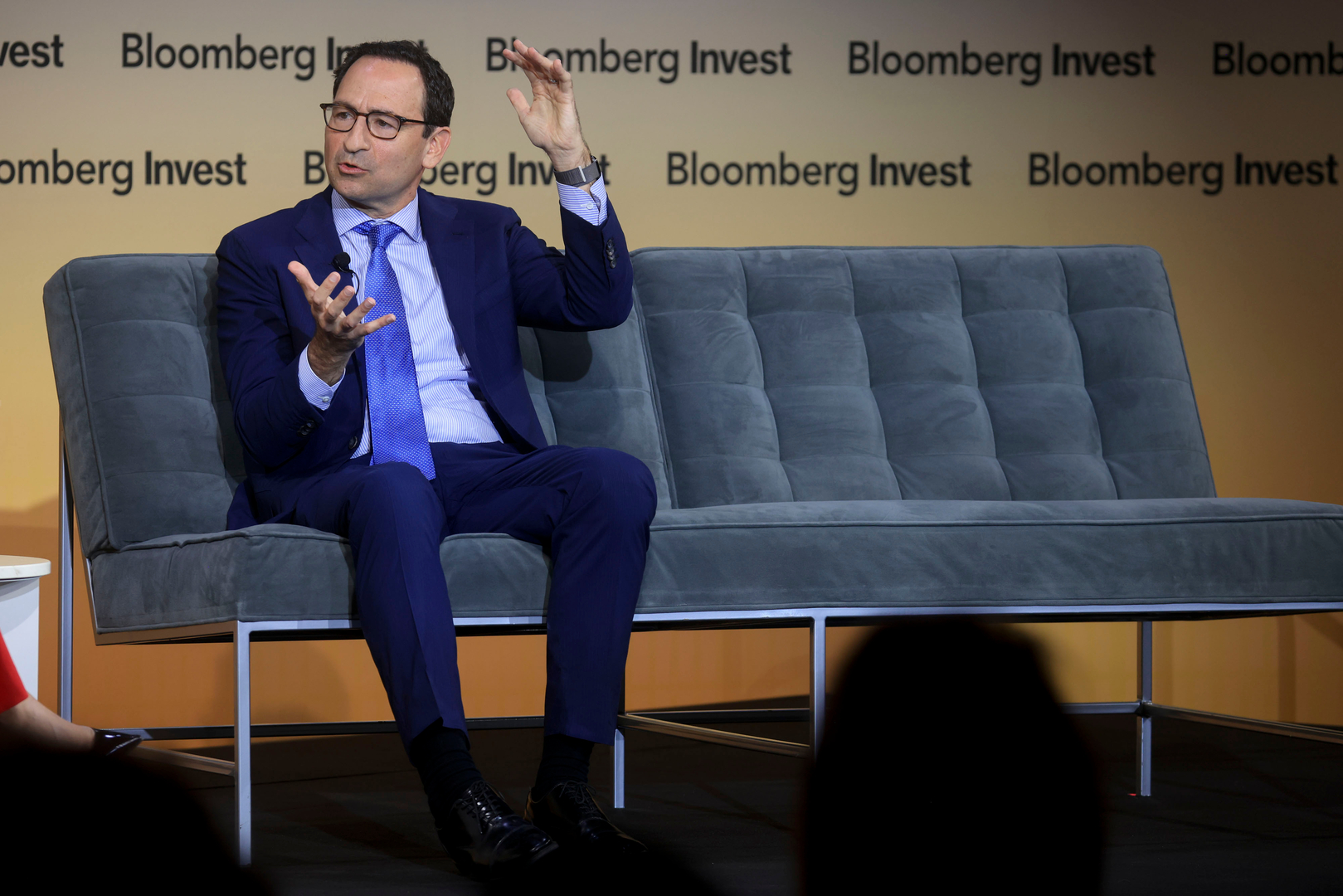
“It was exhilarating. I learned a great deal and fell in love with London and the UK. My fondness for this place has only deepened since then,” he added.
Lionel Assant, head of European private equity and global co-chief investment officer, was among the initial dealmakers hired for the London operation. After leaving Goldman Sachs in 2003, he faced a skeptical response from his father regarding his career move.
“I had to clarify it a few times, and he asked, ‘Why would you leave Goldman? You were on track to become a partner there’,” Assant recalled.
When Blackstone began its London operations, the team consisted of only about 40 individuals, predominantly focused on private equity.
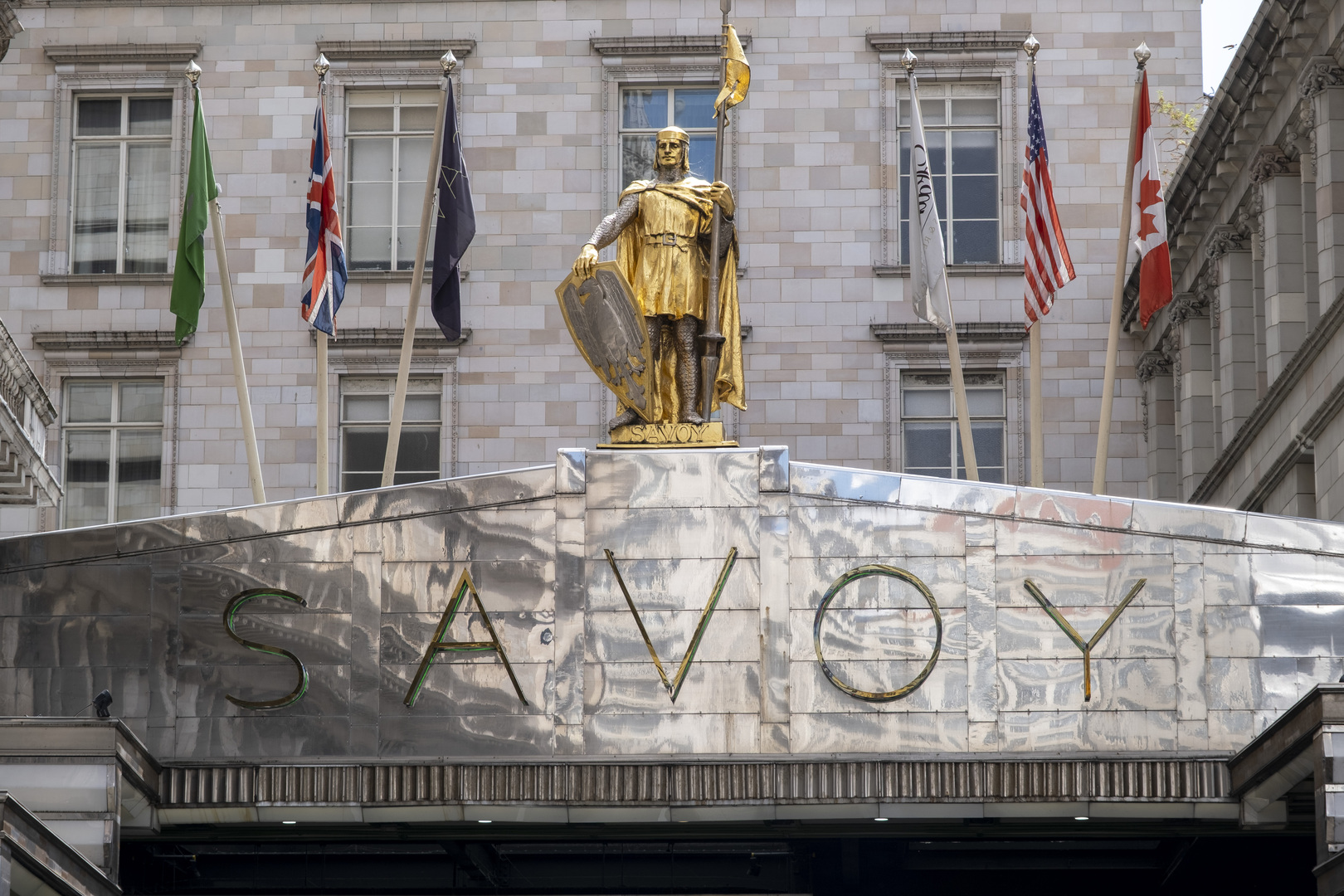
Assant described the early challenges, noting, “We lacked a debt capital markets team or a general counsel for our deals. Basically, there were only three of us doing everything. We would pack our bags and take the Eurostar or the first British Airways flight to cities like Madrid or Frankfurt, trying to convince management teams that we were the right partner for them.”
Blackstone’s initial ventures in the UK included the £120 million acquisition of Cineworld in 2004, which was publicly listed on the London Stock Exchange three years later with a valuation of £240 million. They also acquired United Biscuits, the manufacturer of McVitie’s and Hula Hoops, in 2006.
Following the Cineworld acquisition, Blackstone also purchased Merlin, the operator of the London Dungeon. Stephen Schwarzman, the co-founder and CEO of Blackstone, once regarded this deal as a small investment and needed some convincing before proceeding.
Despite a value of just £85 million at the time, Schwarzman later acknowledged, “We almost didn’t do it because of the size. Eventually, I relented and said, ‘If that makes you happy, go ahead and buy it.'” Under Varney’s leadership, Blackstone transformed Merlin into the world’s second-largest theme park operator before taking it public in 2013 and later reacquiring it in 2019.
Blackstone has found success within the leisure sector, with Bourne Leisure, parent company to Butlin’s, becoming a priority for Baratta, who spearheaded the firm’s European expansion from London in 2001.
Baratta relentlessly pursued the acquisition of Bourne Leisure, which was founded in 1964 from a single caravan park, but initial attempts to persuade the founding families failed.

Ultimately, during the Covid-19 pandemic, the families reached out to Blackstone to initiate discussions about a deal. Recognizing that the leisure sector would rebound, Blackstone acquired the company while ensuring the founding families retained a minority stake.
Assant outlined, “We secured valuable assets at the ideal moment, especially since the business owned its entire freehold. We increased capital investment threefold, and our expectations proved correct: once the economy reopened, demand surged across leisure, travel, and events.”
“You don’t just stumble upon opportunities. You carefully identify themes and sectors before building relationships. It’s been a journey of strategic commitment, and we wouldn’t have had this opportunity without our long-term engagement with the asset,” he concluded.
In recent years, Blackstone has pursued ambitious property transactions throughout the UK and Europe, expanding its interests in affordable homes, rental properties, and logistics warehouses. Currently, the firm is planning a £10 billion data center project in Northumberland and has established a housing business owning 22,000 properties since 2017.
Initially guided by Kenneth Caplan, the co-chief investment officer, Blackstone made a definitive move into real estate with the £1.1 billion acquisition of the Broadgate office complex in Liverpool Street in 2009, a deal Gray now regards as one of Blackstone’s finest UK investments.
Reflecting on the changing landscape, he noted, “At the time, sentiment around financial services in London was very negative.”
James Seppala, who currently leads Blackstone’s real estate investments in Europe, remarked on the firm’s evolution: “Blackstone was recognized as a private equity firm then, but nowhere near as prominent in real estate within Europe. The team size has significantly grown from about 30 people to around 120 today.”
As the anniversary unfolds, Gray emphasized that it serves as a reminder to celebrate what has been achieved while also highlighting Blackstone’s ongoing commitment to future growth.
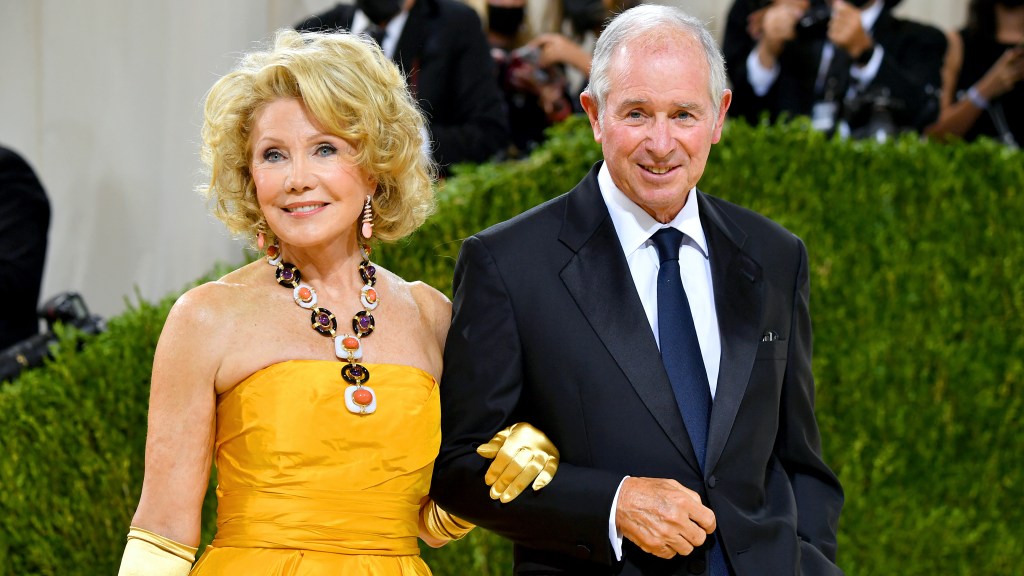
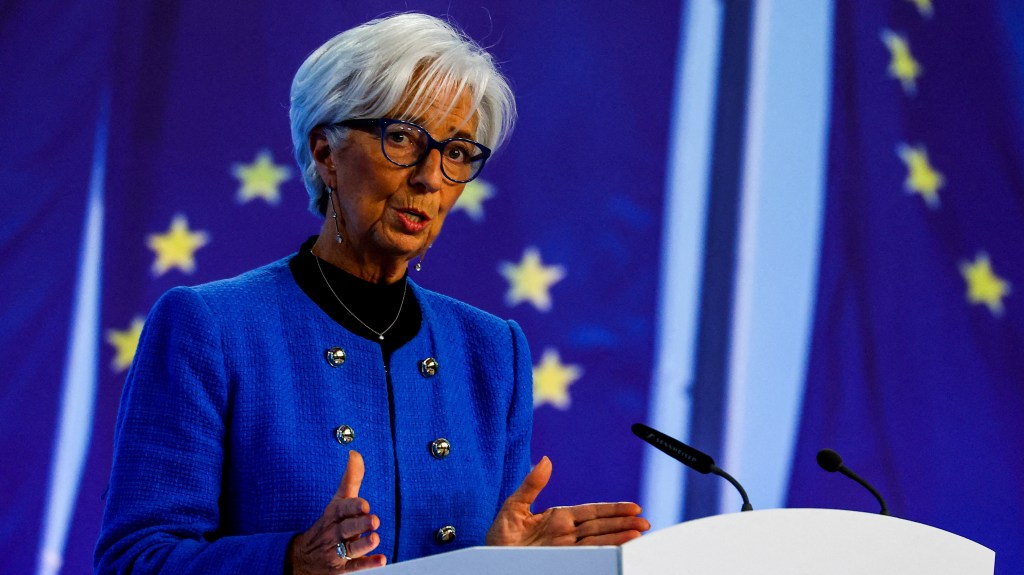

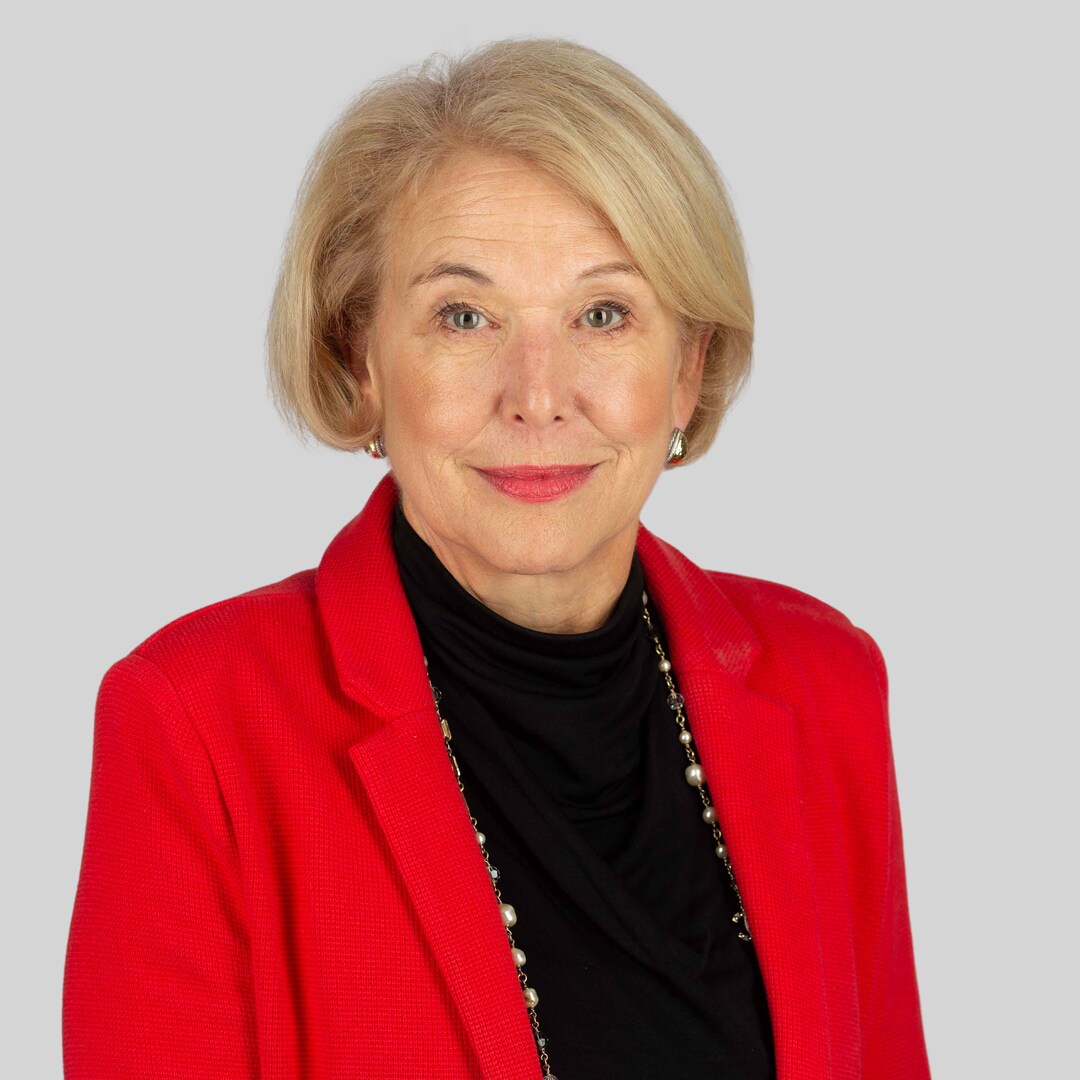
Post Comment